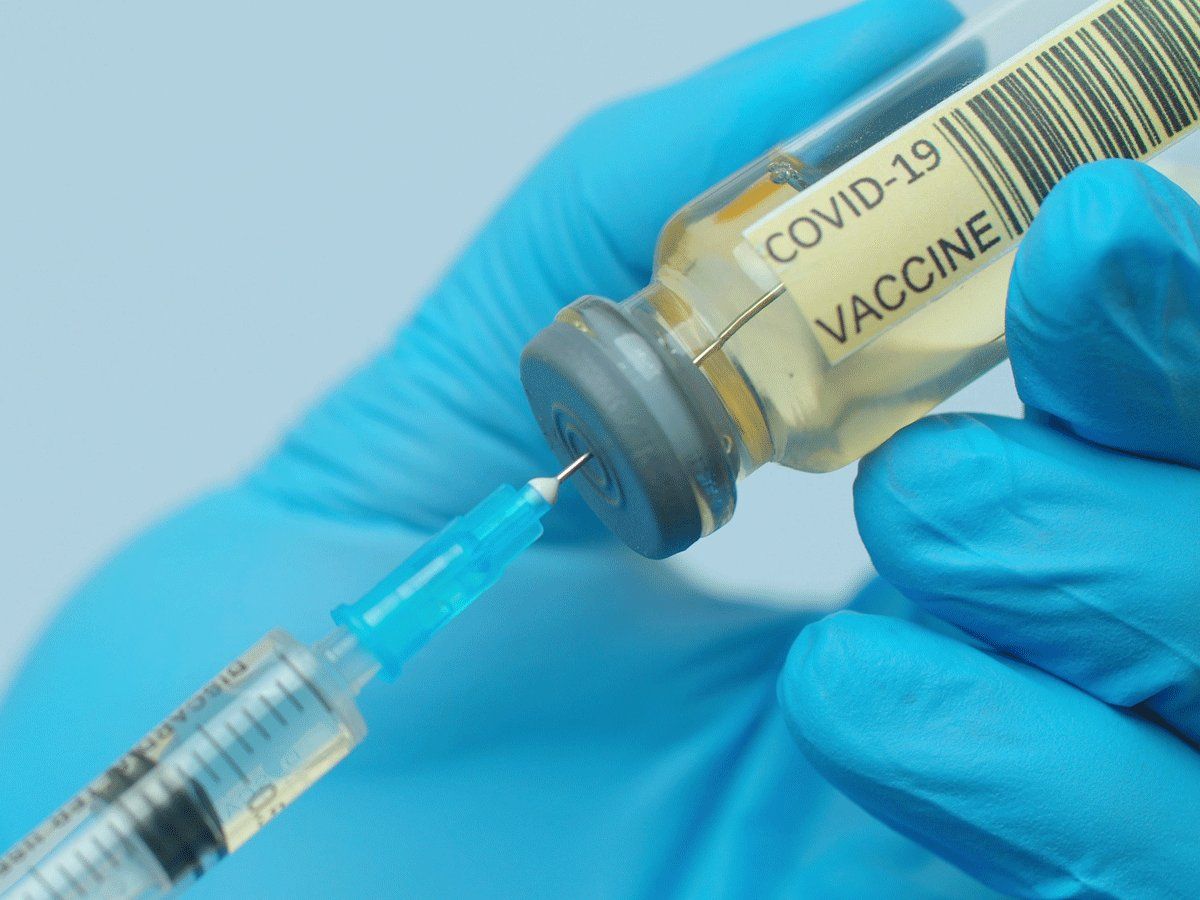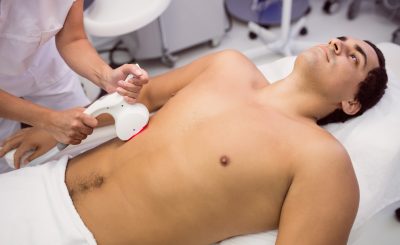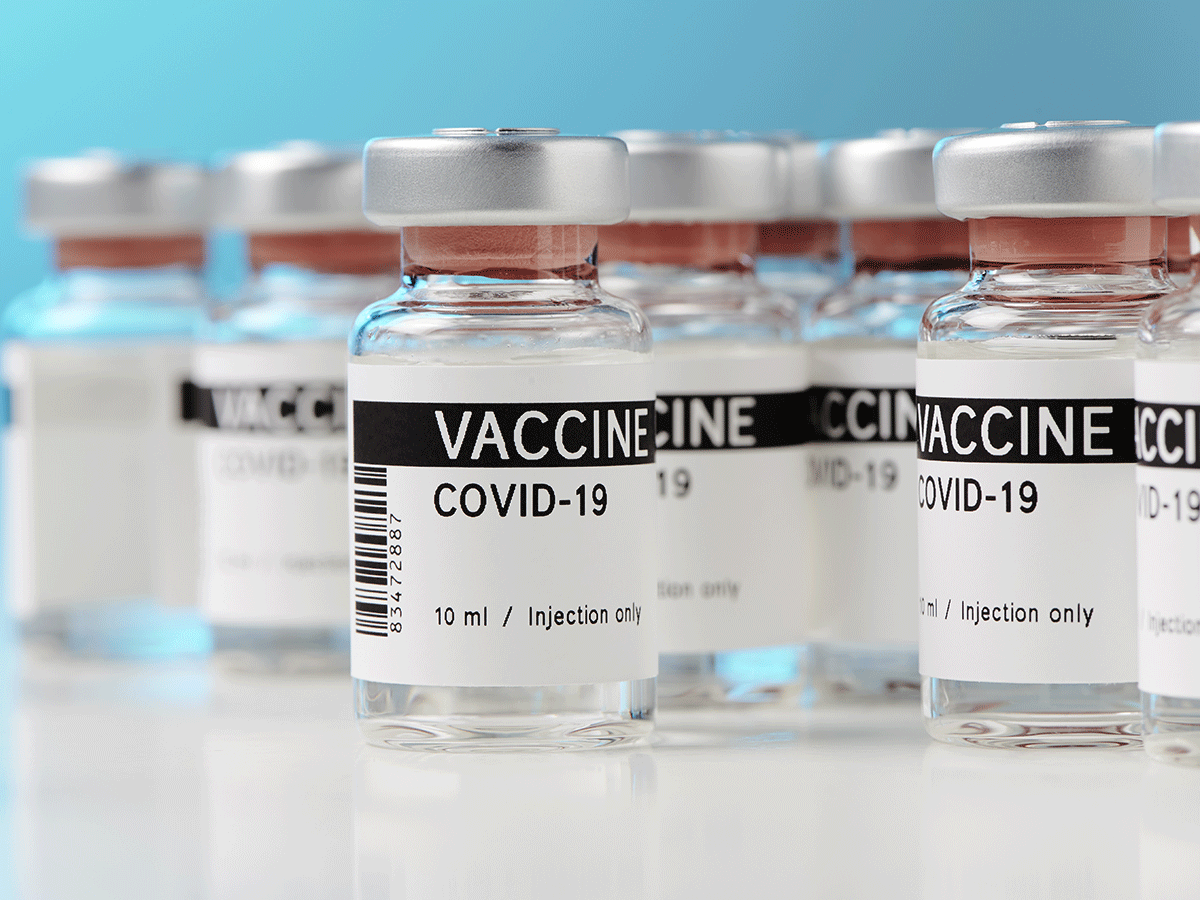The global research community’s struggle to develop a vaccine might now be focussed around Italy, wherein a team of scientists claim to have developed a vaccine for Covid-19. The antibodies which are produced in mice when tested in humans that help prevent the virus from infecting people. The team found that five vaccine candidates generated a lot of antibodies out of which two are found to be effective. The latest development was reported by the researchers of the Lazzaro Spallanzani National Institute for Infectious Diseases in Rome.
The Coronavirus pandemic has been taking a toll across the globe with more than 3,629,160 cases confirmed cases across the globe. Ever since the pandemic first emerged in December in China, the Sars Cov-2 has been responsible for more than 254,532 casualties across the globe. The Coronavirus infection has its presence felt across more than 195 countries and territories. The global researchers are on a mission mode to develop the vaccine within as short time as possible. In general, the development of any vaccine takes more than 5 years. But with the infection spreading its fangs and increasing in fatalities by every passing day, it created an absolute challenge for the researchers to develop the vaccine within the short possible time.
Also Read: Coronavirus Treatment: Updates, Symptoms, Vaccine, & Guidelines
Luigi Aurisicchio, CEO of Takis, the firm developing the vaccine has said that it succeeded to neutralise the virus in human cells for the first time. All vaccine candidates are developed targeting the protein spikes of the virus. The vaccine candidates are injected by means of electroporation technique, that involves the injection of the vaccine intramuscularly which is then followed by an electric impulse. It thereby lets the vaccine break and enters the cells, activating the immune system. The vaccine thereby effectively generates functional antibodies in lung cells, the most vulnerable portion of the coronavirus disease.







